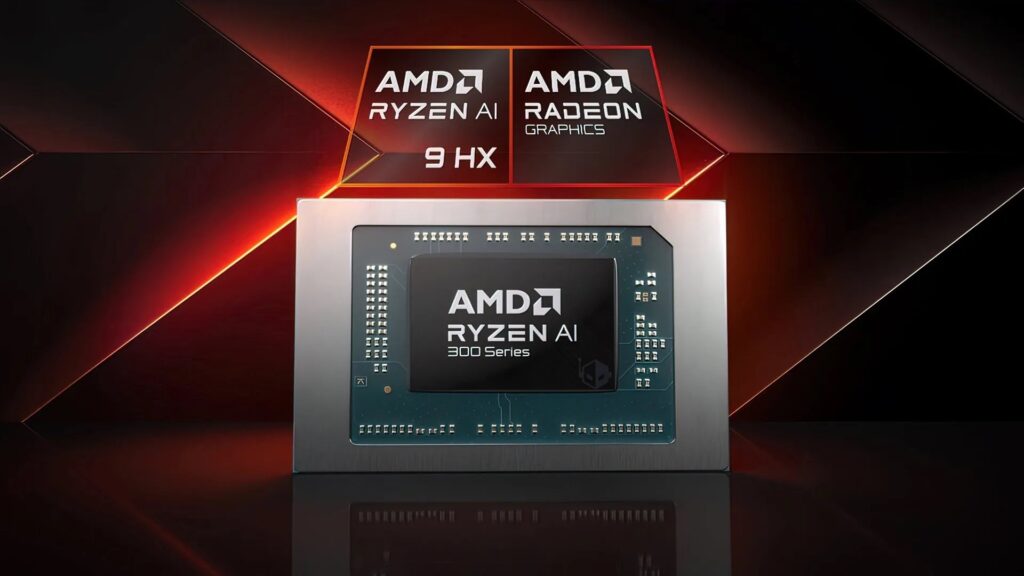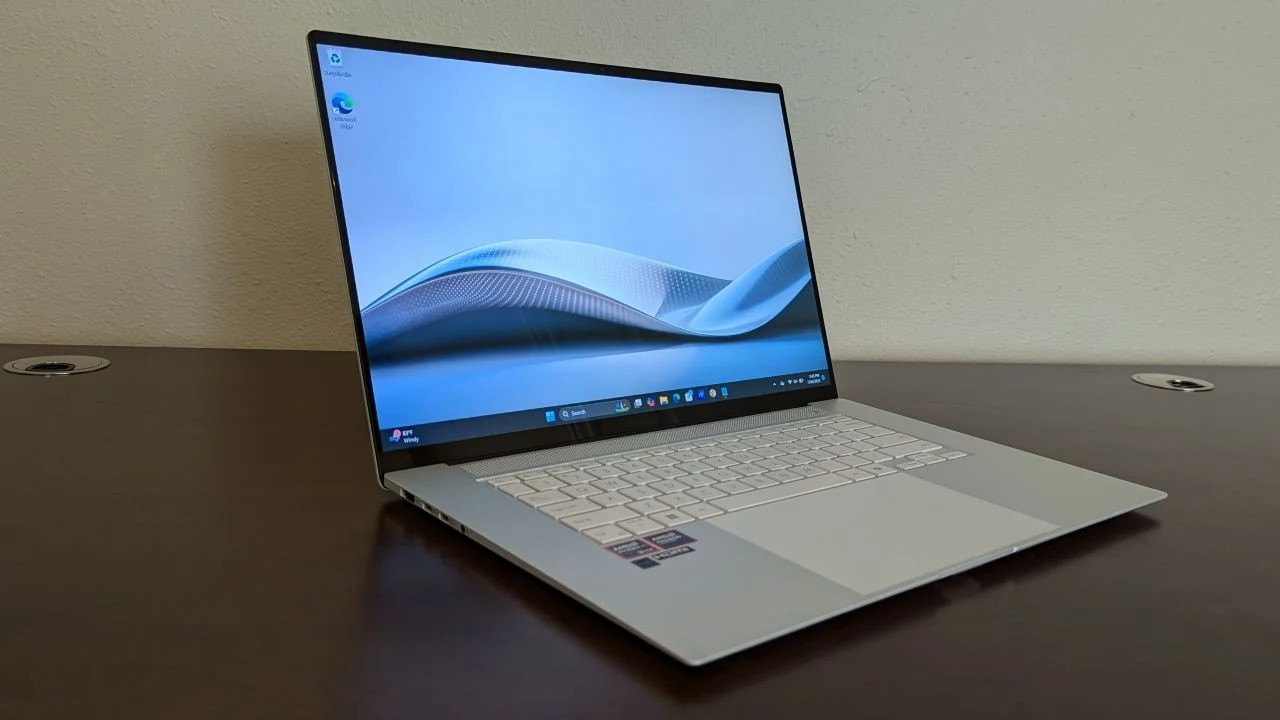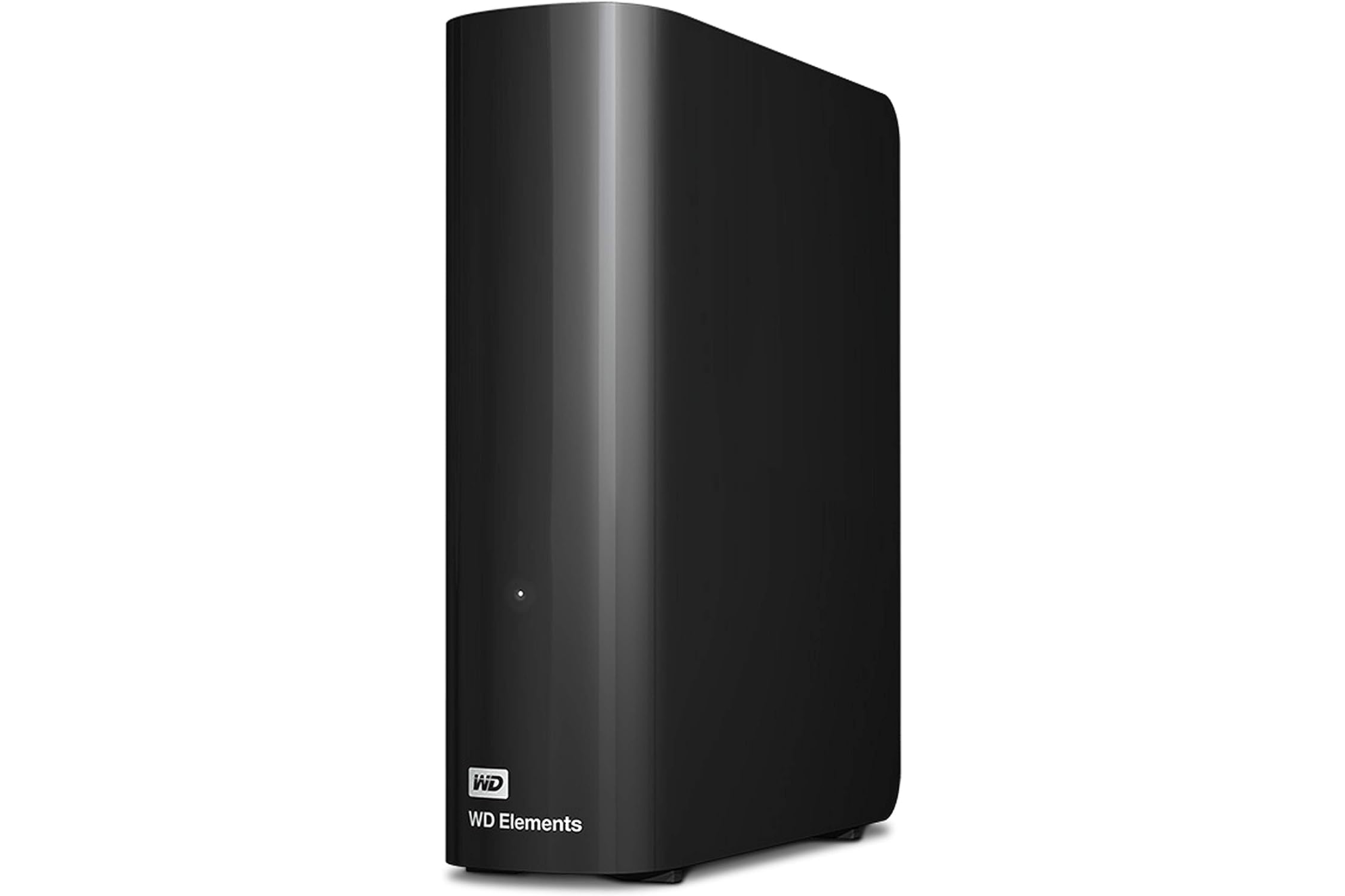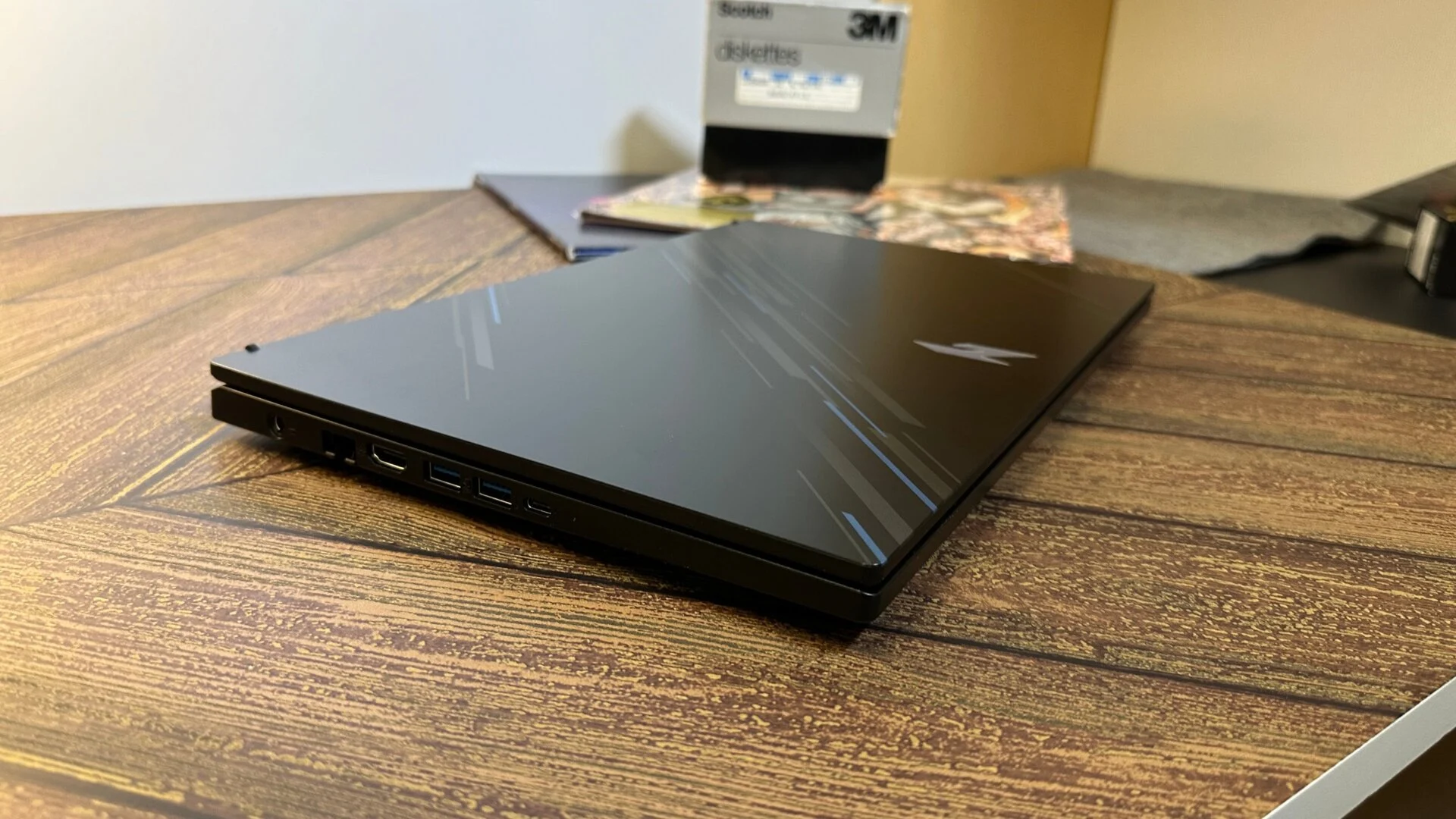
AMD appears to have a strong lead in the current generation of desktop processors, but the company is also aiming to establish dominance in mobile gaming. According to AMD’s own benchmarks, its new Ryzen AI 300 series processors deliver substantial performance gains, with the Ryzen AI 9 HX 370 and HYPR-RX technologies providing significant advantages over Intel’s Core Ultra 200 “Lunar Lake” series in terms of frame rates and efficiency.
While AMD’s Ryzen 7 9800X3D has already captured attention for desktop gaming, AMD’s blog post highlights the mobile battle. AMD claims its processors outperform Intel’s new offerings, not just in raw performance but also with added technologies like HYPR-RX and FSR, which enhance frame rates in a broader range of games compared to Intel’s XeSS. AMD’s focus is clear: mobile gaming should embrace its high-performance processors, and benchmarks from titles like Forza Horizon 5 and Call of Duty: Black Ops 6 support the argument.
For example, AMD’s Ryzen AI 9 HX 370 reportedly achieves 135 frames per second at 1080p Medium settings in Forza Horizon 5, compared to Intel’s Core Ultra 7 285V managing just 68 fps. Even in direct comparisons without technologies like HYPR-RX, AMD’s chip still leads, with Call of Duty: Black Ops 6 performance reaching 99 fps versus Intel’s 48 fps. These tests were conducted using similar Asus ZenBook laptops, though AMD’s configuration may have had an edge with a slightly larger chassis.
Overall, AMD is claiming an average 75% performance improvement over Lunar Lake, positioning itself as the top choice for mobile gaming. This marketing push comes ahead of Intel’s planned Arrow Lake-HX and Arrow Lake-H chips, expected in early 2025. AMD’s aggressive benchmarks and technology suite aim to sway holiday buyers and erode Intel’s market share before its next-generation chips arrive.




